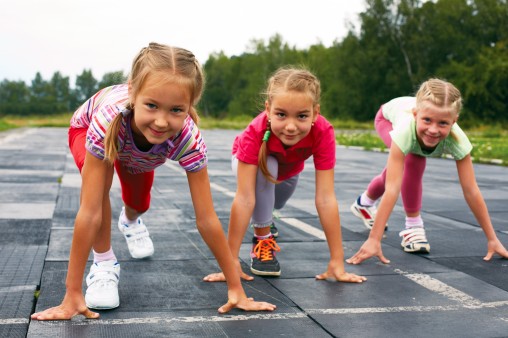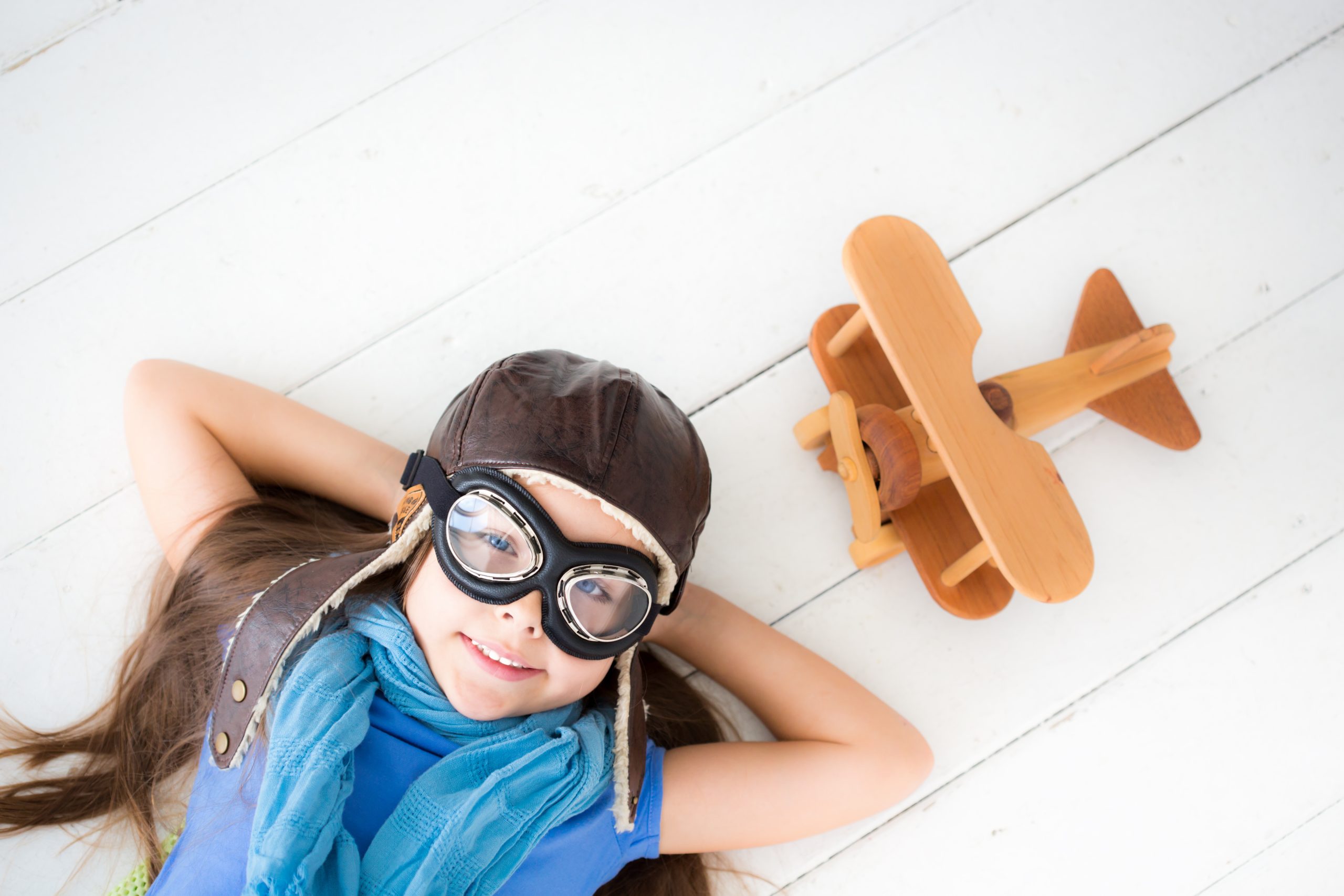Milica Stojanovic, psychologist at Preschool Institution ” Kaja “in Ljig, speaks about the importance of play and the stages of play during child development.
Play is the framework which helps children learn how to cooperate and communicate in the best possible way since they are the ones to choose this framework on their own. Playing with other kids improves their level of communication. Thus they become more able to share ideas, requirements, and they learn how to work together. While communicating, they discover new ways of problem solving, learn to obey rules and agreements. Furthermore, they develop the sense of cooperation and equality, reduce aggression, learn and practice positive social behaviour.
At the age of 4 children are in need of more play than ever before. They should play outdoors more often. Four and five year olds have more fun in approximately equal groups, cooperation is strengthened, and friendships are stronger.

In preschool period sports and movement-based activities, along with social play, are very important. Children enjoy playing hide and seek, cat-and-mouse games, alternate leg bounding (where one takes off on one foot and lands on the other foot), skipping rope, roller blading, and riding a bike. Thus children develop competitive spirit and learn how to cooperate. At the age 7-8 games with rules are more common, and they are mainly educational. Now the child has to solve a particular task, such as solving a riddle. In these games one child always wins.
In the preschool period children are very fond of fairy tales with animals that act and speak like people or objects that can be eaten. Some of the favourite fairy tales are Little Red Riding Hood, Hansel and Gretel, Snow White and the Seven Dwarfs. Children believe in the magical world that exists in fairy tales. These stories stimulate their imagination and their emotional development. During this period, children often invent and tell stories about different events. Toys suitable for pre-school period are mechanical toys, bike, play dough, construction sets, dolls, sleds, skis, and role play toys. At first, children depend on adults who take care of them, give them toys, provide playing materials. As they grow up, children become more independent and choose the toys they are going to play with. However, the role of parents is still very important.
Parents should provide toys and organize play environment. They should let children play freely and have fun. Thus, parents will be able to understand the way their child is playing, and their overall development. Kids take on different roles through play, they build their identity, develop self-esteem and self-control, express their emotions and trust. Adults should help children learn not to use power “over” others, but “with” others.
Play promotes physical development and health in children. They feel satisfied, accepted and ready for challenges. Different studies have shown that nowadays children are less physically active. Therefore, lack of opportunities for physical activities may cause health problems, such as child obesity and spinal deformities.
Many people are not aware that underdeveloped eye accommodation (the ability of the eye to change its focus from distant to near objects and vice versa) due to watching TV or spending too much time in front of the computer, can lead to attention and concentration disorders, and learning difficulties. Studies have shown that over 90% of students who had these problems – also suffered from lower accommodation of the left eye. This function of the eye is best developed at an early stage by rapid eye movement, eye tracking of moving objects, running and jumping over obstacles.
It is important not to overprotect children during physical activities. This primarily refers to the situations when a child wants to take risks, even though he is not really endangered. Adults who are willing to let children accept challenges, and try out different ideas – can explore the possibilities together with children, and should not rush to protect them from the start. Thus they help kids develop their independence, willingness to take risks, and the ability to make their own decisions. Videos tracking behaviour of children in kindergarten show that children have a sense of limited risky situations, and are able to make decisions on their own about the requirements they set for themselves. Children will build confidence in their own physical abilities only if adults let them gain experiences in challenging situations, take care that they are safe, and show them their support.



















